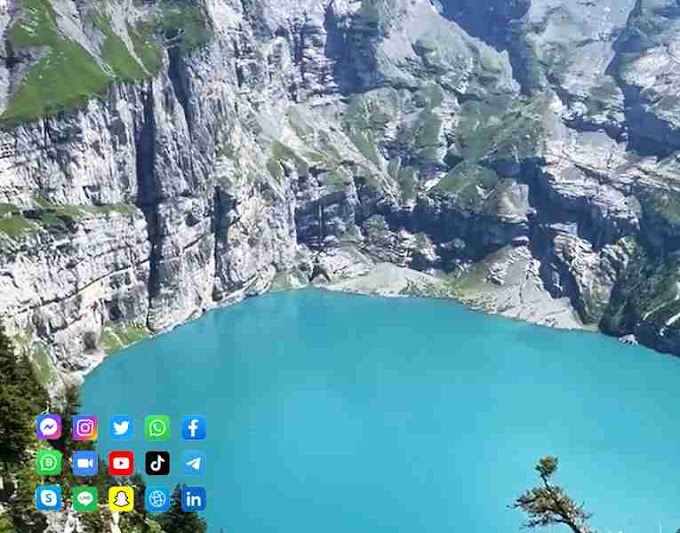The Importance of Social Media
In the modern digital
landscape, social media has emerged as a transformative force that has reshaped
the way individuals, businesses, and societies interact. With billions of users
actively engaging on platforms such as Facebook, Twitter, Instagram, and
TikTok, social media has become an integral part of daily life, influencing
communication, commerce, and culture. Understanding the importance of social
media is crucial for recognizing its multifaceted impact on contemporary
society.
One of the primary functions
of social media is its ability to facilitate communication and connection. In
an increasingly globalized world, social media transcends geographical
barriers, allowing people to connect with friends, family, and colleagues, regardless
of their location. The immediacy of communication has not only strengthened
personal relationships but has also fostered new communities based on shared
interests, ideologies, and experiences. This has given voice to marginalized
groups and allowed for the exchange of diverse perspectives, enriching the
social fabric.
In addition to personal
connections, social media plays a significant role in the realm of business and
marketing. Companies leverage these platforms to engage with customers, promote
products, and build brand loyalty. The interactive nature of social media
allows businesses to receive instantaneous feedback, enabling them to tailor
their offerings to meet consumer preferences more effectively. Moreover, the
reach of social media marketing is vast, allowing small businesses to compete
with larger corporations by accessing a global audience at a fraction of
traditional advertising costs. Influencer marketing has further revolutionized
the landscape, where individuals with substantial online followings can sway
public opinion and consumer behavior.
Online entertainment likewise fills in as a useful asset for data dispersal and activism. In an era
characterized by rapid news cycles, social media platforms have become primary
sources of information for many individuals. While this democratization of information
has its risks—such as the spread of misinformation and fake news—it also
empowers users to seek out and share information that is vital for social
change. During crises, social media provides a platform for real-time updates
and mobilization, as seen during movements such as the Arab Spring and the
Black Lives Matter protests. Activists utilize social media to rally support,
raise awareness, and organize initiatives that demand accountability from
institutions and governments.
Additionally, the instructive capability of virtual entertainment can't be ignored. Educators and institutions are
increasingly using social media to enhance learning experiences, facilitate
discussions, and share educational resources. Platforms like YouTube and LinkedIn
allow experts to share knowledge and skills, creating opportunities for
continuous learning and professional development. Additionally, social media
can foster collaborative projects among students and professionals, encouraging
the exchange of ideas and innovation.
Despite its numerous
advantages, social media comes with inherent challenges. Issues such as
cyberbullying, privacy concerns, and the psychological effects of social media
use—such as anxiety and depression—have raised critical debates about the
responsible use of these platforms. It is essential for users to navigate these
challenges thoughtfully while advocating for policies that promote safe and
equitable online environments.
In conclusion, the importance of social media in today's world cannot be overstated. It serves as a crucial communication tool, a vehicle for business and marketing, a platform for activism and education, and a space for community building. While it presents challenges that need addressing, the positive impact of social media on society remains undeniable. As we move forward, a continued emphasis on leveraging the benefits of social media while mitigating its downsides will be key to maximizing its potential for fostering connections and driving progress in our interconnected world.
Author: Mohammad Khairul Alam









